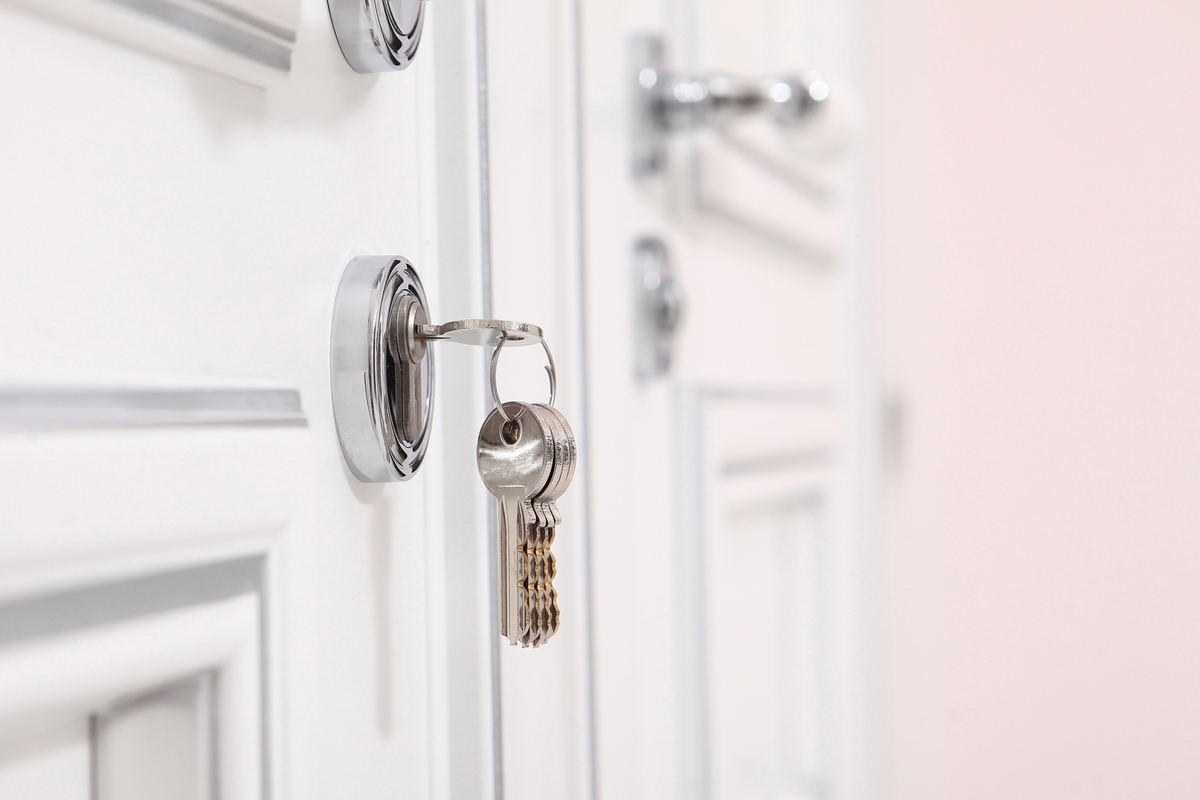Understanding Commercial Door Repairs and Cost A Comprehensive Guide
Commercial doors play a vital role in the safety, security, and functionality of business premises. Whether it’s an office building, retail store, warehouse, or restaurant, the integrity and performance of commercial doors are crucial for daily operations. Over time, these doors can experience wear and tear, accidental damage, or mechanical failures, leading to the need for repairs. Understanding the types of commercial door repairs, factors influencing repair costs, and how to maintain your doors can help business owners make informed decisions and manage expenses efficiently.
Types of Commercial Doors and Common Issues
Commercial doors come in various types, each with unique features and repair needs.

1. Aluminium and Glass Doors: Popular in retail and office settings for their modern appearance and durability.
2. Steel Doors: Known for their strength and security, often used in warehouses and industrial facilities.
3. Wooden Doors: Provide a classic look, commonly found in offices and some hospitality businesses.
4. Automatic Doors: Include sliding, swinging, or revolving doors, frequently used in high-traffic areas like hospitals and shopping centers.
5. Roll-Up Doors: Used in garages, storage units, and loading docks for their space-saving design.
Each door type can encounter specific problems, such as:
– Broken hinges or pivots
– Malfunctioning locks or handles
– Damaged door frames
– Glass panel cracks or shattering
– Automatic door sensor failures
– Roller or track misalignment (for sliding or roll-up doors)
– Weatherstripping wear and tear
Factors Influencing Commercial Door Repair Costs
The cost of repairing a commercial door can vary widely based on several factors:
1. Type of Door:
Heavier and more complex doors, such as automatic or steel doors, generally require specialized skills and parts, increasing repair costs compared to standard wooden or aluminium doors.
2. Extent of Damage:
Minor repairs, like tightening loose hinges or replacing a handle, are typically less expensive than addressing structural damage or replacing large glass panels.
3. Parts and Materials:
The cost of replacement parts—such as locks, closers, glass panes, or electronic components—can significantly impact the total repair bill.
4. Labor Charges :
Labor rates depend on the complexity of the repair and the technician’s expertise. Emergency repairs or after-hours service may incur higher fees.
5. Location:
Costs can vary by region due to differences in labor rates, availability of parts, and local regulations.
6. Urgency:
Emergency or same-day service often comes with a premium charge compared to scheduled repairs.
Typical Commercial Door Repair Costs
While prices can fluctuate, here are some general estimates for common commercial door repairs:
– Hinge or Pivot Replacement: $100 – $300 per door
– Lock or Handle Repair/Replacement: $150 – $400
– Glass Panel Replacement: $200 – $1,000+ (depending on size and type of glass)
– Automatic Door Sensor Repair: $250 – $600
– Roller or Track Repair (Sliding/Roll-Up Doors): $150 – $500
– Door Closer Repair/Replacement: $120 – $350
– Frame Repair: $200 – $700
These are average ranges and can vary based on the factors mentioned above. For major repairs or full door replacements, costs may be higher.
Preventive Maintenance: Reducing Repair Costs
Regular maintenance is key to extending the lifespan of commercial doors and minimizing repair costs. Preventive measures include:
– Routine Inspections: Check for loose hardware, misalignment, and signs of wear.
– Lubrication: Keep hinges, rollers, and tracks well-lubricated to prevent friction and premature wear.
– Weatherstripping Replacement: Replace worn weatherstripping to maintain energy efficiency and prevent water damage.
– Prompt Repairs: Address minor issues quickly before they escalate into more significant problems.
– Professional Servicing: Schedule periodic professional maintenance, especially for automatic or high-traffic doors.
When to Repair vs. Replace a Commercial Door
Deciding between repairing and replacing a commercial door depends on several factors:
– Age of the Door: Older doors may be more cost-effective to replace, especially if repairs are frequent.
– Extent of Damage: Severe structural damage or repeated failures may warrant replacement.
– Security and Compliance: Upgrading to newer doors may be necessary to meet current safety codes or enhance security.
– Aesthetics: For businesses where appearance is important, replacing a worn or outdated door can improve curb appeal.
Choosing a Commercial Door Repair Professional
Selecting a qualified repair technician or company is crucial for quality results. Consider the following:
– Experience and Specialization: Look for professionals with experience in commercial door systems.
– Licensing and Insurance: Ensure the company is properly licensed and insured.
– References and Reviews: Check customer feedback and ask for references.
– Warranty: Inquire about warranties on parts and labor.
Commercial door repairs are an essential aspect of maintaining a safe and functional business environment. By understanding the types of doors, common issues, and the factors that influence repair costs, business owners can better anticipate expenses and make informed decisions. Regular maintenance and prompt attention to minor problems can help reduce the likelihood of costly repairs or replacements. When repairs are needed, working with a reputable professional ensures that doors are restored to optimal condition, supporting the security, efficiency, and appearance of your commercial property.
